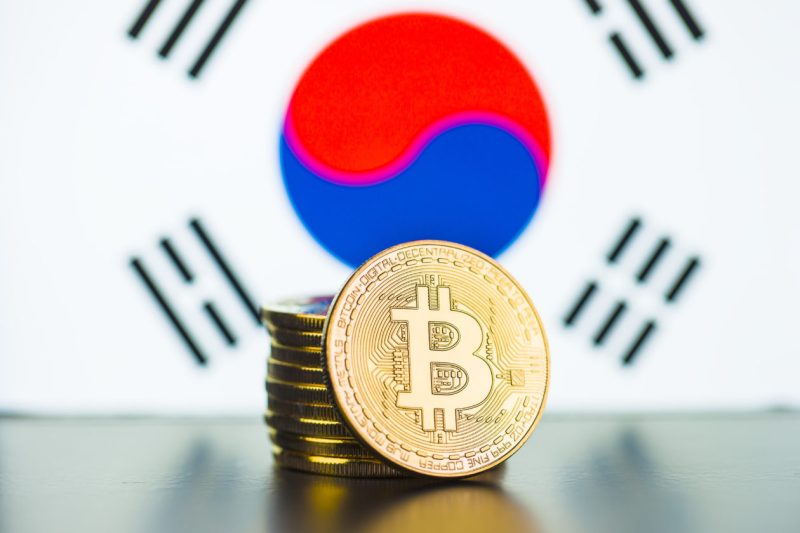Retail Investors Ditch Meme Coins for Machine Chips
South Korea’s investment scene is undergoing a striking transformation. Once known for its high-octane meme-coin trading, the country’s retail investors are now turning their attention to semiconductors and AI hardware. This shift signals a fading crypto craze and a growing fascination with machine chips and advanced memory technology—backed strongly by the Korean government’s industrial strategy.
From Kimchi Premium to Chip Mania
For years, local exchanges such as Upbit and Bithumb thrived during the “Kimchi Premium” era, when Korean traders paid hefty markups for popular cryptocurrencies. However, by late 2025, crypto trading volumes on these platforms plunged by nearly 80 percent compared to the previous year.
Meanwhile, the Korean stock market has taken off. The KOSPI index surged more than 70 percent in 2025, led by tech giants like Samsung Electronics and SK hynix. Retail investors who once chased meme tokens are now piling into semiconductor stocks, fueling a new speculative rush—this time around high-bandwidth memory and AI chip producers.
Policy Powering the Pivot
The momentum behind Korea’s chip surge is no accident. The government has unveiled a massive $108 billion public-private Growth Fund aimed at advancing AI, robotics, and semiconductor development. Additionally, Korea has strengthened semiconductor cooperation with the U.S., pledging around $200 billion toward AI and chip investments as part of broader supply-chain realignments amid U.S.–China tech tensions.
At the same time, Korean regulators have tightened oversight of meme-coins, restricting listings of volatile tokens and discouraging unbacked crypto speculation. This has effectively redirected retail trading energy toward equities and leveraged chip plays. As one analyst quipped, “The same spirit of retail speculation has resurfaced—only now it’s wearing a suit of semiconductor stocks.”
The Global Ripple Effect
This great pivot carries deep implications. For crypto markets, the retreat of Korean retail traders—once a key driver of liquidity and meme-token enthusiasm—could dampen volatility and trading volumes. Conversely, for global tech supply chains, Korea’s chip obsession reinforces Asia’s dominance in semiconductor manufacturing and design.
As the nation channels its creativity and capital into advanced memory, AI accelerators, and startups like Rebellions, it’s clear that the speculative spotlight has moved from digital coins to silicon chips. The question now is whether Korea’s chip valuations can sustain their lofty heights—and if crypto fever will ever return when the next big narrative arrives.
